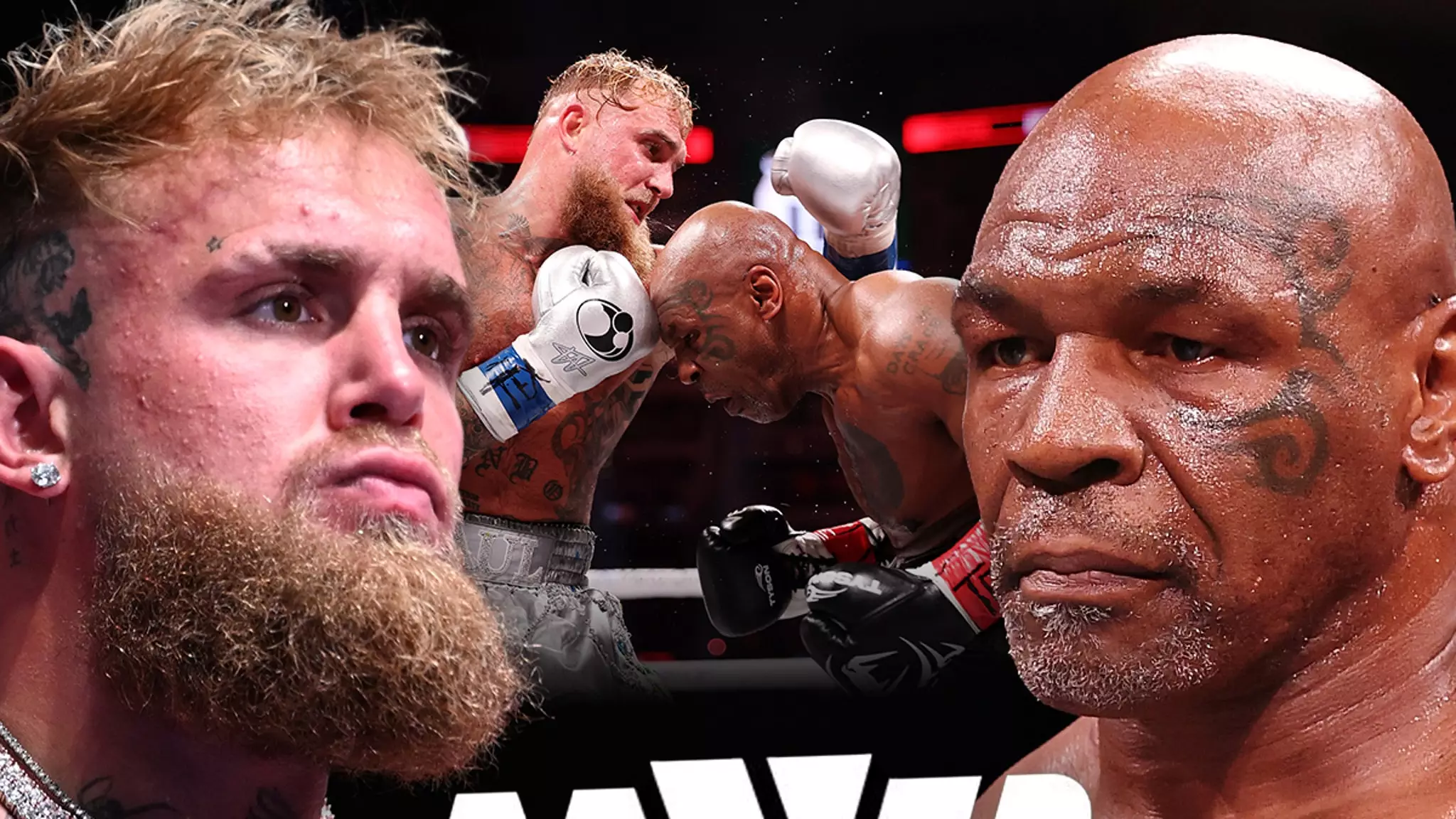In the realm of contemporary boxing, few events have sparked as much controversy as Jake Paul’s recent victory over the legendary Mike Tyson. The bout concluded with Paul, a 27-year-old YouTube sensation, securing a unanimous decision against the 58-year-old boxing icon. This outcome understandably raised eyebrows and generated a whirlwind of dissenting opinions. Critics are quick to question the legitimacy of the fight, fueled by the perception that a social media star defeating a seasoned champion is unfathomable. The disbelief surrounding this event reveals broader tensions within the sport and public perceptions of professionalism in boxing.
Dissection of the Criticism
Outcries from skeptics have primarily centered around allegations of a rigged match, with claims that Tyson may have deliberately “pulled punches” to facilitate a more marketable event. These assumptions, however, largely stem from disbelief and a lack of respect for what both fighters brought into the ring. The prevailing narrative suggests that a once-revered champion would allow a young contender to triumph simply for financial gain. Such allegations not only undermine the integrity of the fighters involved but also trivialize the rigor associated with competitive boxing.
Critics have taken to scrutinizing fight footage, searching for evidence of potential collusion or restricted performance. They propose that Tyson, who has faced his own share of struggles in recent years, may have been less than genuine in his approach to the fight. However, the assumptions fail to account for the nature of professional sports, where both mental and physical challenges combine to create the unpredictability that keeps fans engaged.
Responding to the tsunami of criticism, Jake Paul’s promotional company, Most Valuable Promotions (MVP), made an unprecedented move to clarify the circumstances surrounding the match. They firmly denounced rumors of impropriety, emphasizing that there were no contractual limitations impeding either fighter’s ability to compete fully. MVP’s statement reinforced the notion that both boxers entered the ring with a shared objective of victory—an honorable standard that informs the sport as a whole.
The promotion’s assertion that any suggestion of a rigged fight would be, as they termed it, a federal crime, carries weight. Not only was the match sanctioned by the Texas Department of Licensing and Regulations, but its legitimacy reflected broader regulatory frameworks designed to uphold fairness in combat sports. MVP’s defense brought to light the foundational narratives of discipline and commitment that underpin athletes’ journeys, regardless of their background.
Beyond the immediate fallout from this fight, Jake Paul’s victory carries significant implications for the future of boxing. The juxtaposition of his social media fame against traditional boxing archetypes invites a renewed conversation about who can be recognized as a legitimate athlete in this sport. MVP co-founder Nakisa Bidarian articulated these tensions well, asserting that Paul’s success questions preconceived notions of athletic credibility.
Paul’s trajectory has continually challenged skeptics, demonstrating time and again that profound dedication and the ability to captivate audiences can redefine success. Far from being a passing novelty, his ongoing achievements stand testament to the shifting dynamics of popularity and performance in boxing. With record-breaking viewership and attendance at recent events, Paul’s influence has undeniably carved a space in the larger narrative of boxing history.
As we process the aftermath of Jake Paul’s victory over Mike Tyson, it is crucial to recognize the complexities surrounding the sport. The discourse illustrates the clash between traditional values and emerging paradigms within the world of boxing. While the skepticism towards Paul’s ascent may never fully dissipate, it speaks to a deeper struggle to accept innovation in domains typically resistant to change. Boxing’s resilience will depend on its ability to adapt to this evolving landscape, acknowledging that even unconventional figures can help shape its future narrative. The ongoing dialogue around legitimacy, credibility, and performance will continue to challenge our perceptions for years to come.

Leave a Reply